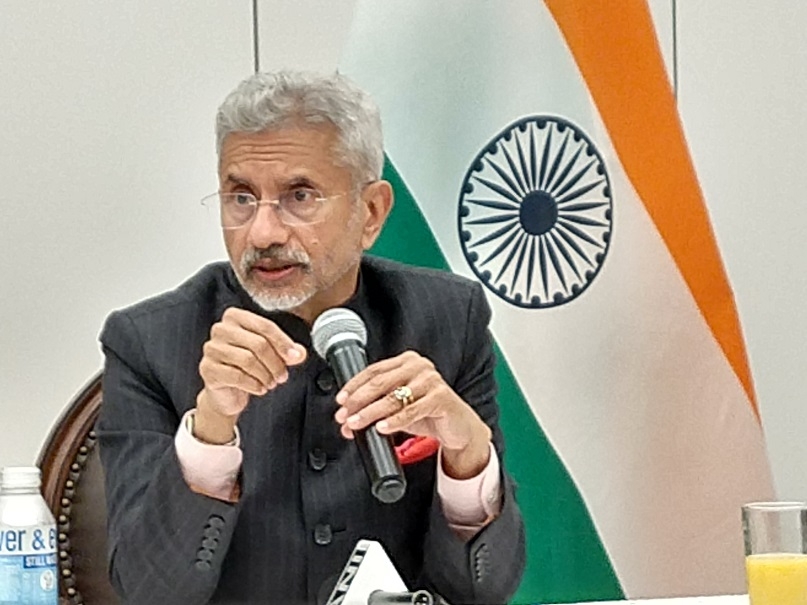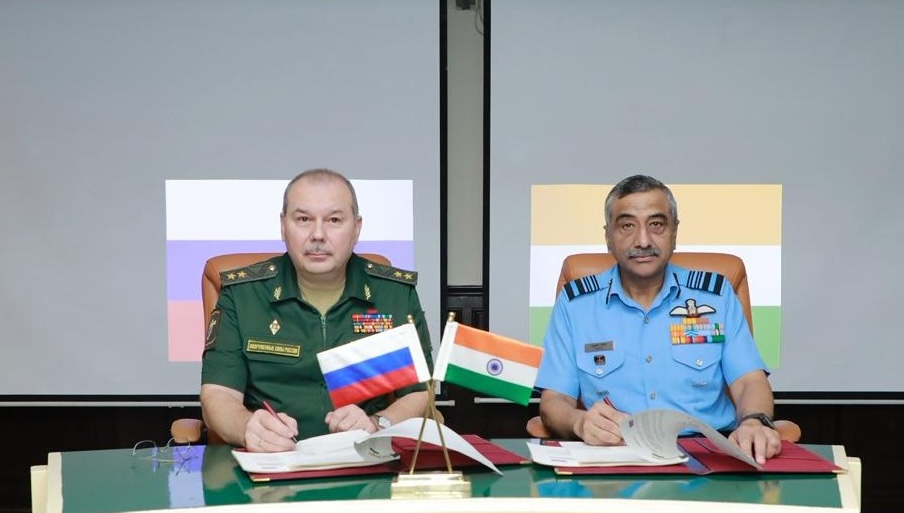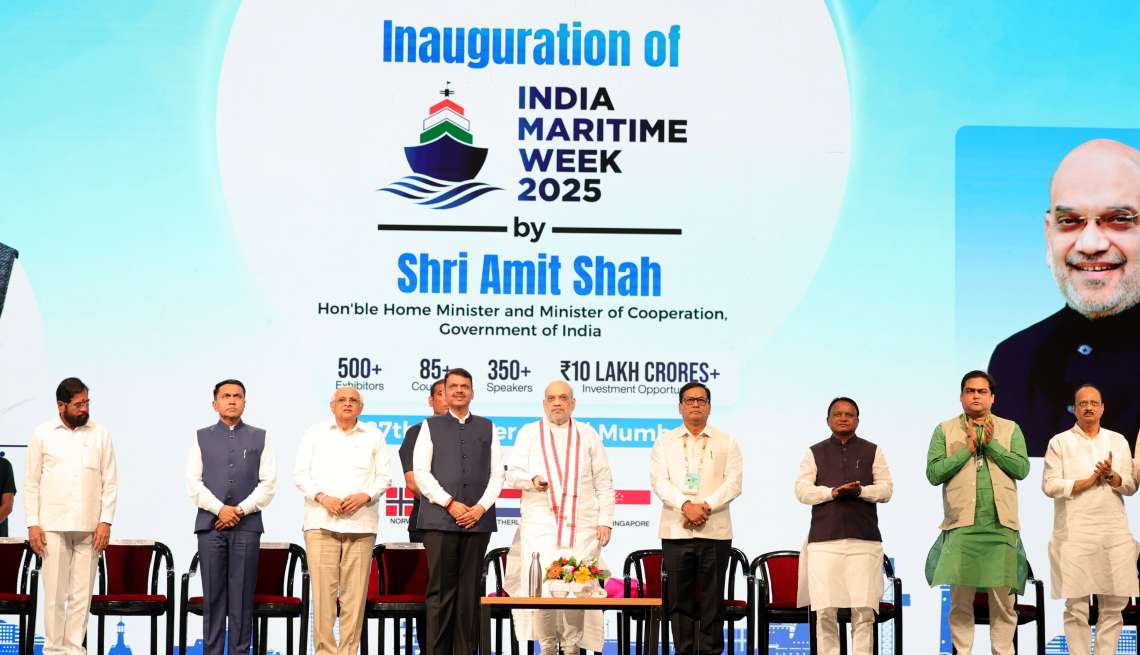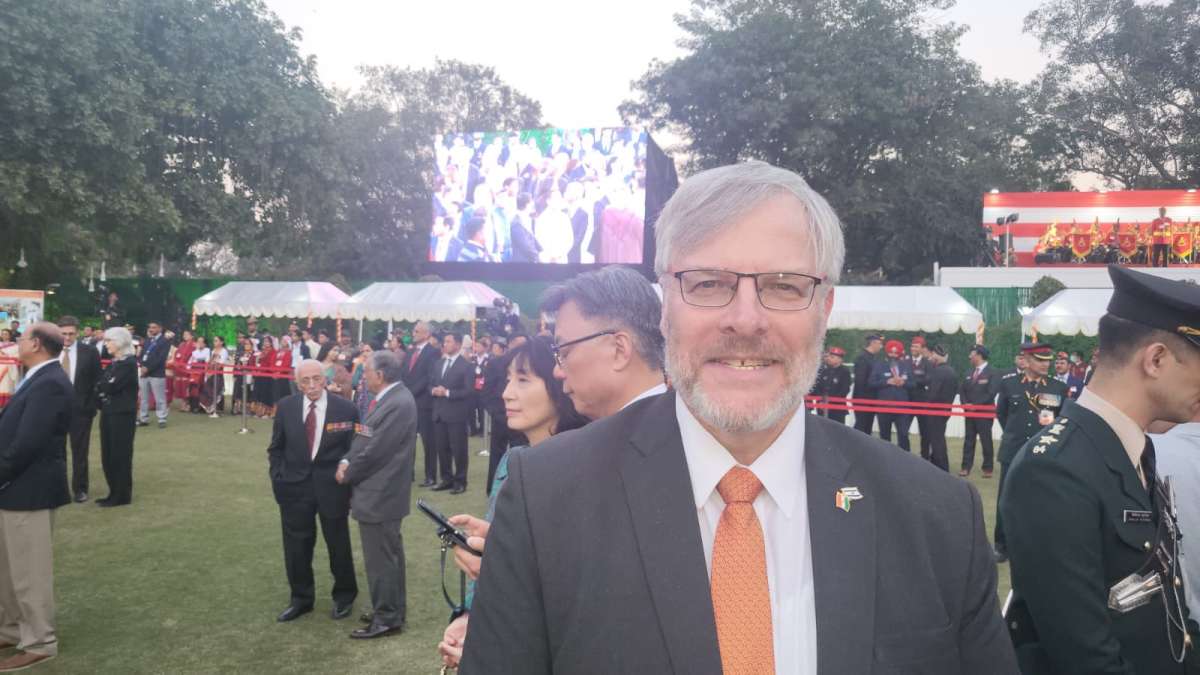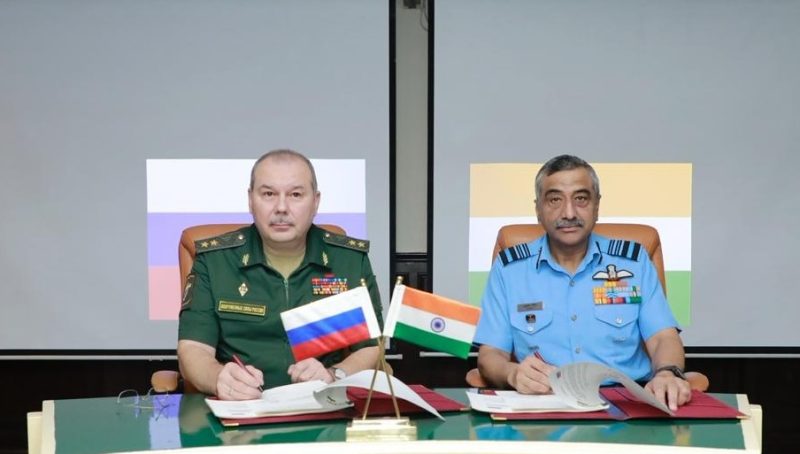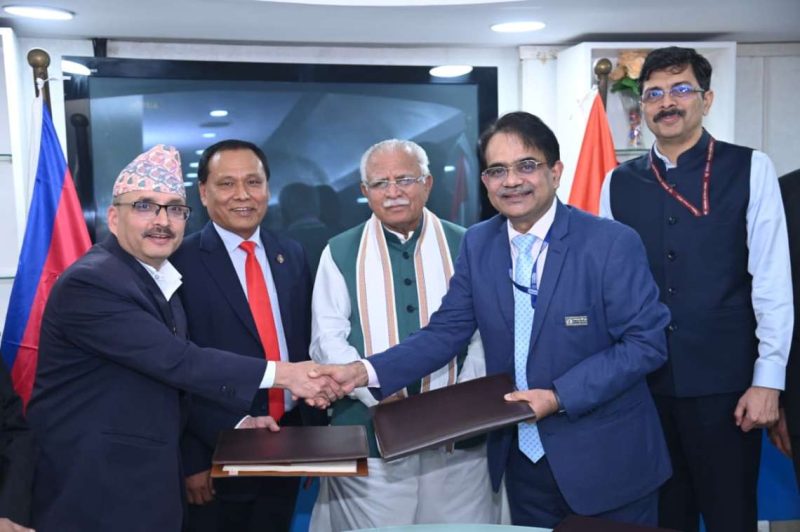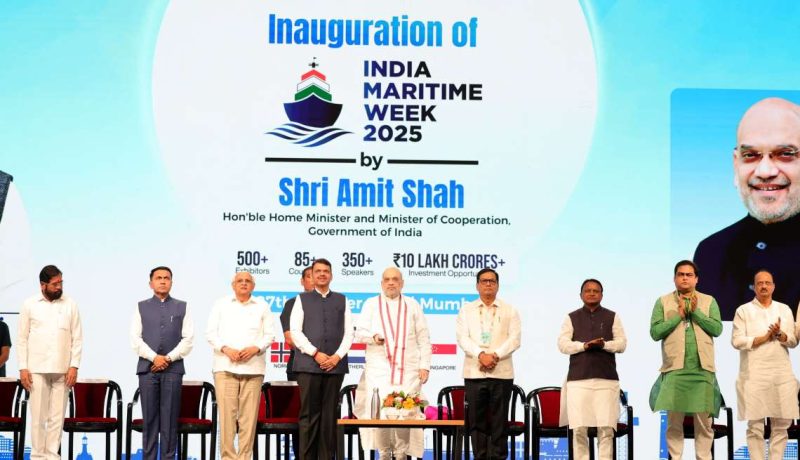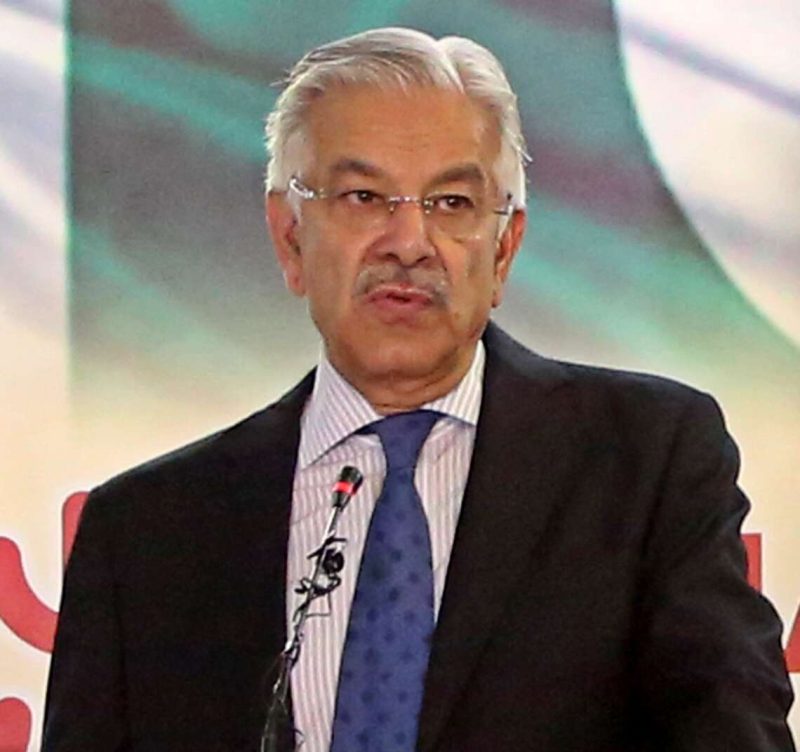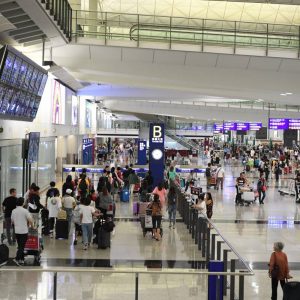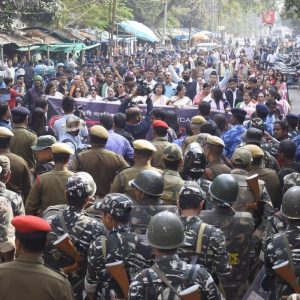India and the UAE occupy seats on the UNSC during a time of significant global polarisation, FM Dr S. Jaishankar told Binsal Abdulkader in an interview
India-UAE relations give a high level of confidence to both countries for forging multilateral groups such as I2U2, India’s foreign minister said.
“When your confidence levels are very high, we say ‘you know we both have a common friend. We are very comfortable with each other, and let us go together to that place and see whether something is possible’,” said Dr. S. Jaishankar, India’s Minister for External Affairs, who was on an official visit to the UAE early this week.
He was referring to groupings such as I2U2 comprises the UAE, India, Israel, and the U.S.; the trilateral grouping of the UAE, India, and France; and UAE-India joint efforts in Africa.
Dr Jaishankar met with Sheikh Abdullah bin Zayed Al Nahyan, Minister of Foreign Affairs and International Cooperation, to discuss opportunities to strengthen long-standing relations and the comprehensive strategic partnership between the two nations.
The two top diplomats also addressed ways to enhance cooperation in multilateral groups and organisations, including the I2U2 Group, as well as future opportunities for cooperation within the BRICS and the Shanghai Cooperation Organisation.
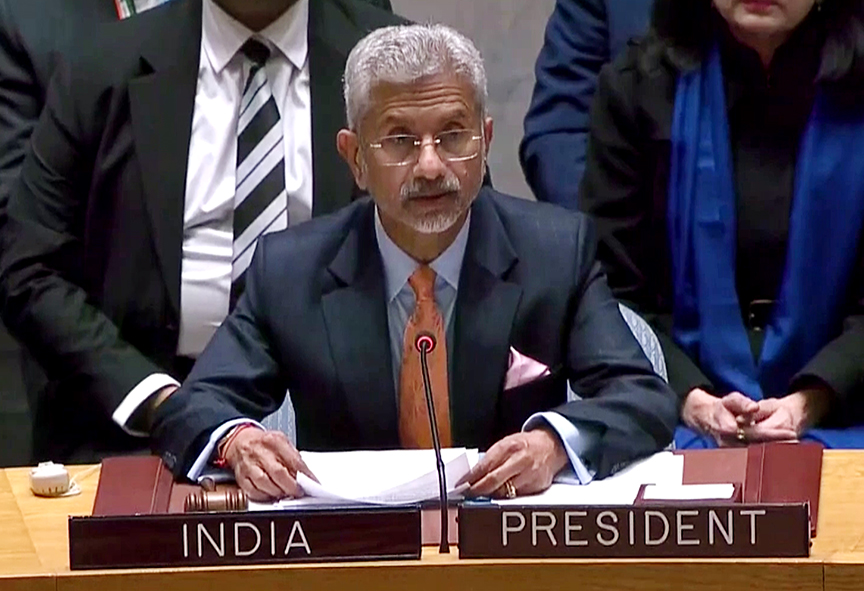
UN Security Council, new areas of cooperation
In an exclusive interview with WAM at Emirates Palace in Abu Dhabi, about India-UAE cooperation at the UN Security Council (UNSC), Dr Jaishankar said, “I am personally involved in it and knowledgeable about it.”
He suggested that India and the UAE occupy seats on the UNSC during a time of significant global polarisation.
“The UAE is our closest friend, and it has been a good experience,” he affirmed, adding that this cooperation has brought the systems of both countries closer.
Regarding concrete plans to expand bilateral relations to new areas, the top Indian diplomat said there are ongoing discussions at the ministerial level in areas such as space, artificial intelligence, education, health, start-ups, and more.
When Prime Minister Modi and UAE President Sheikh Mohamed bin Zayed Al Nahyan took a strategic decision to strengthen the relationship in 2015, they sent that overall message, he said. “Then it is up to the ministries, organisations, private sector, and civil society to do it in their own way. Because the leadership’s message encourages them to do so.”
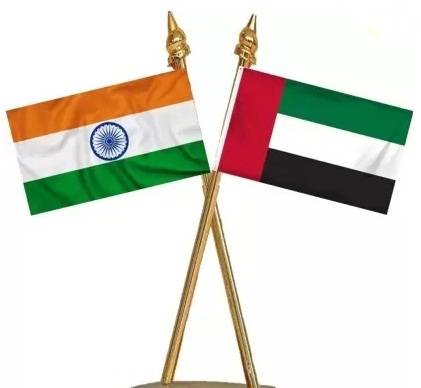
Changes in UAE, matching developments in India
The new kind of bilateral collaboration can be explained, Jaishankar pointed out, by looking at the new sectors that have emerged in the UAE in recent decades.
“The UAE has strong leadership in renewable energy and artificial intelligence. The UAE is a big educational hub, and it has lot of interest today in promoting start-ups and innovation. The UAE is an important player in the semiconductor business, connectivity, and maritime operations,” the foreign minister explained.
“So, if you look at the capabilities of the UAE, the interests of UAE, and the change in the UAE, then you match this with similar things happening in India,” he suggested, saying that such developments in both countries open new avenues of cooperation.
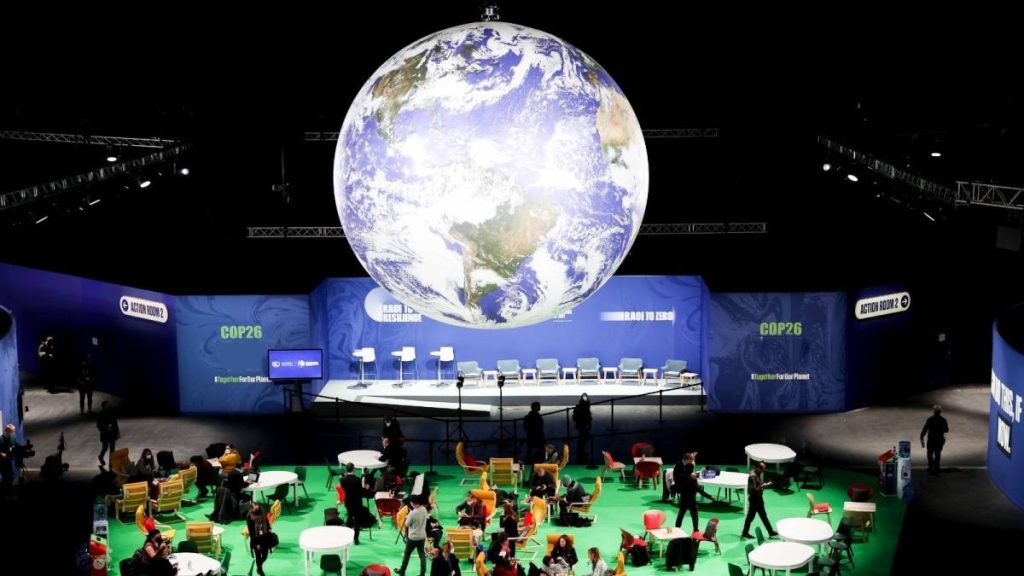
Climate justice, cooperation at COP28
India and the UAE can work together to achieve climate justice as the UAE will be hosting COP28, the UN Climate Conference, in Expo City Dubai in 2023, Dr Jaishankar said.
The countries that have taken up most of the carbon space for their higher standards of living, causing pollution, may say ‘let us approach climate action as though everybody is the same,’ he said.
“But everybody is not the same because there are countries that have not contributed to pollution. There are societies or economies where the per capita carbon emission is still very low,” he affirmed.
Therefore, the top diplomat stressed: “It’s our collective responsibility. Those who occupy the most carbon space, those whose per capita emissions are so high must take decisive steps; otherwise, it is not justice.”


